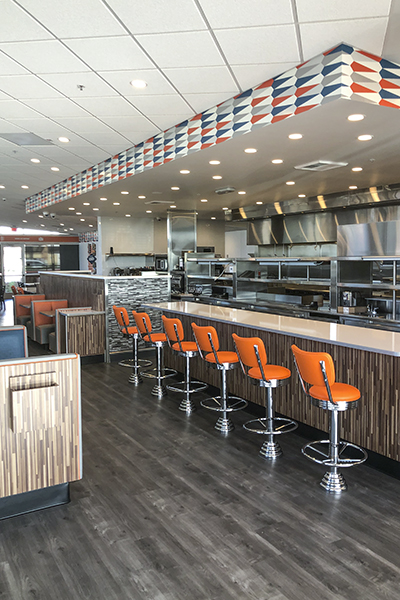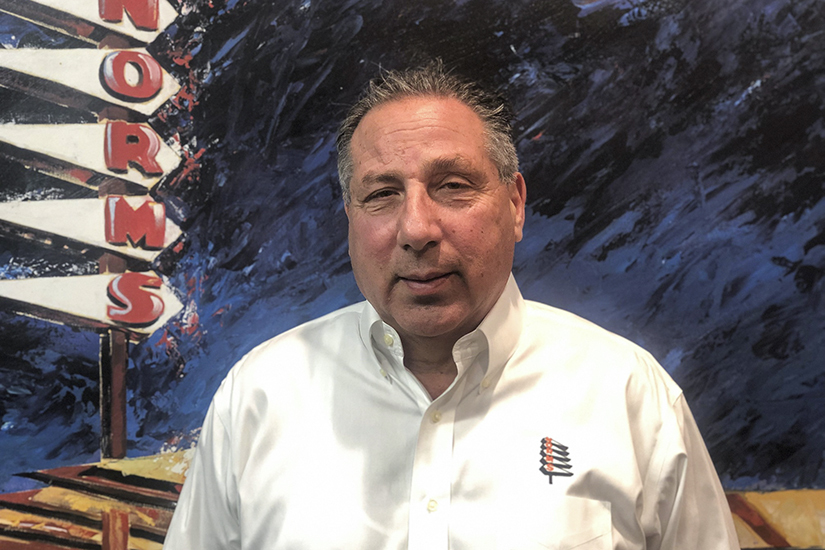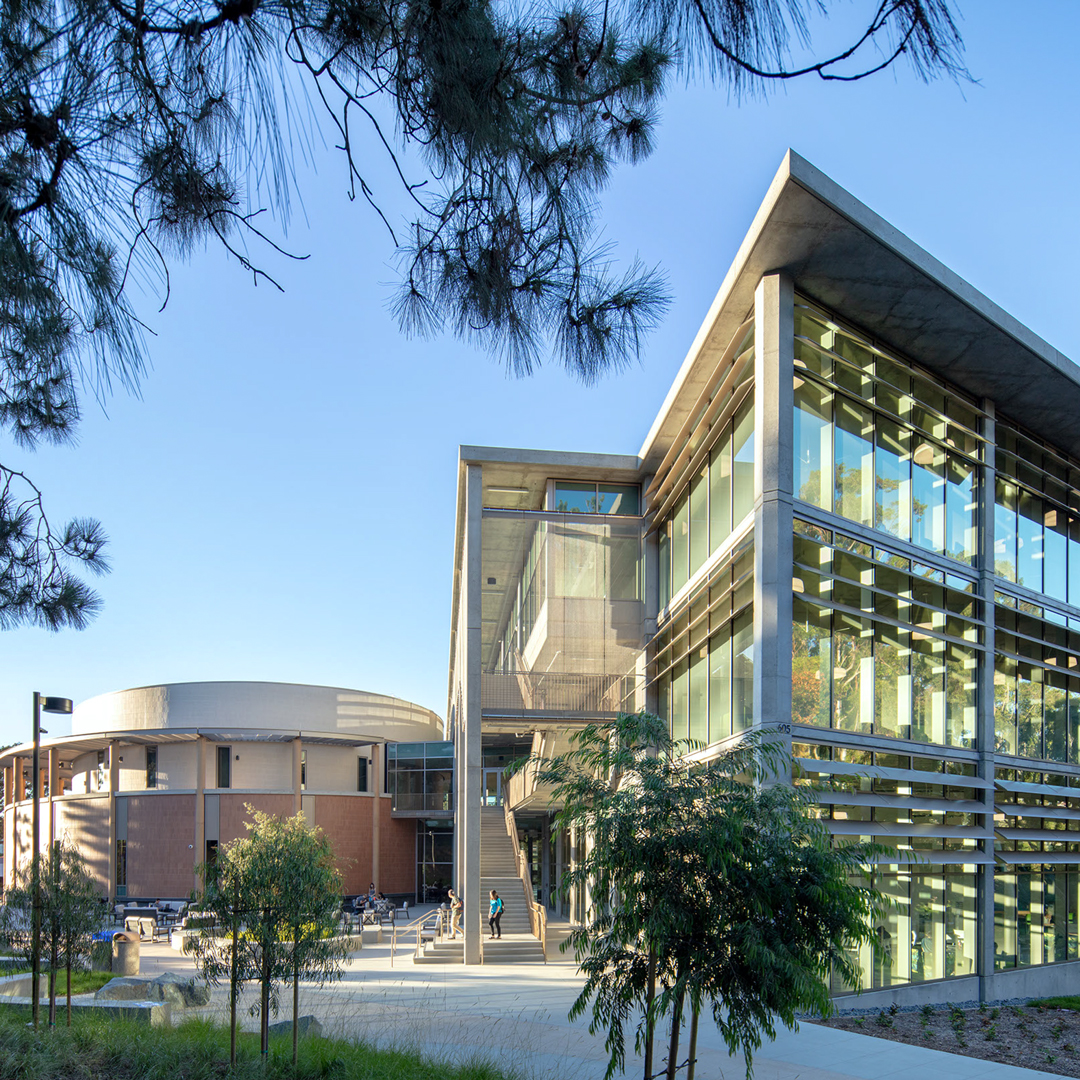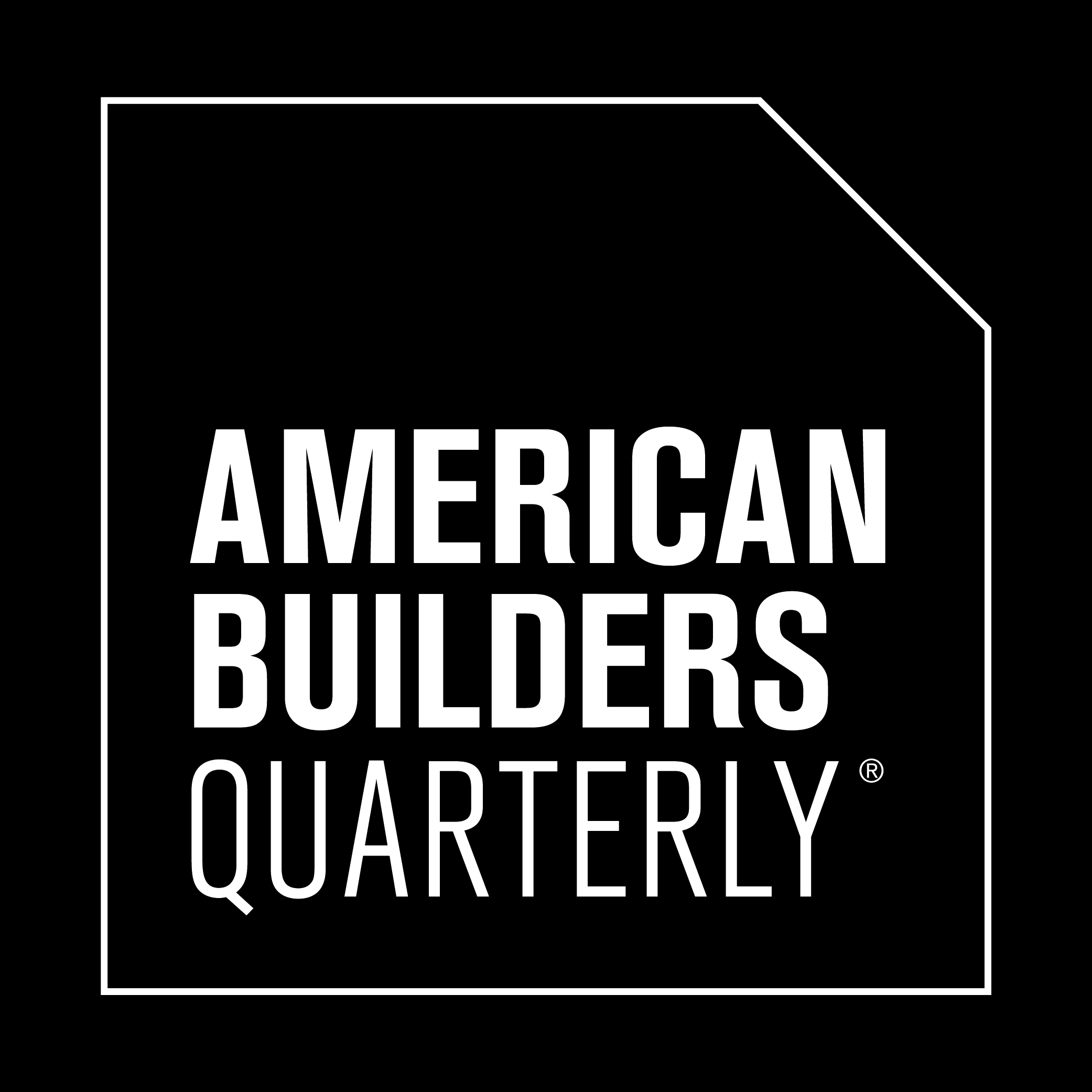|
Getting your Trinity Audio player ready...
|
Southern California welcomed its first 24/7 diner in 1949, when NORMS opened its doors near the corner of Sunset Boulevard and Vine Street, just blocks from the Hollywood Walk of Fame. The concept caught on, and NORMS began to gradually expand, introducing a new location roughly every few years. Today the company boasts 20 operating locations and 2 fully constructed sites across the Southern California footprint.
Founder Norm Roybark, who was involved in car dealerships, loved the approach of massive storefront windows and brightly lit facilities. Rather than the unique designs of automobiles of the late ’40s and early ’50s, the focus was instead placed on the team members serving guests and being highly visible from the street. This led to the infamous Googie architecture adapted by NORMS that was dominant in Southern California (think George Jetson). Each restaurant had the ability to cater to its local clientele, while adhering to fundamental principles of quality, value, and being part of the community. The company’s motto, after all, is “NORMS is where life happens!”

New ownership acquired the company in 2014, recognizing the potential for growth and being mindful of the challenge of initiating standardization when approaching facilities and design issues. Mike Colonna was brought in as president and CEO, carrying with him more than 40 years of experience in the restaurants industry. Dealing with a legacy brand gave him the task of modernizing facilities approaching 30 years old.
The approach was to hire an experienced facilities director and a local design and architect team, as well as find local contractors that could navigate the difficulties of building restaurants efficiently and economically, allowing for a reasonable return on investment. The end result was NORMS’ new prototype that can be seen at the El Monte, Carson, Inglewood, Encino, and Rialto locations.
On the facilities and repair front, including capital expenditures, NORMS changed the utilization of over 200 vendors for maintenance and repairs. Under Director of Facilities Peter Schultz’s tenure, the immediate goal was to establish a pool of qualified, licensed, and insured professionals who would look after every restaurant consistently. Schultz, who had previous experience at Toys ‘R’ Us and 7-Eleven, trimmed the list to about 80 suppliers. In addition, there was an intention to take a proactive maintenance approach and created both one- and three-to-five-year plans to improve the infrastructure.
The broad-based challenge required upgraded parking lots, furniture, fixtures, and equipment, and retrofitting to meet evolving Americans with Disabilities Act (ADA) standards. The team modernized IT, phone, fire alarm and remediation systems along the way, and found an opportunity to lower energy costs through LED lighting and an OutDoorLink EMS system.
NORMS’ business model posed a challenge itself—the restaurants run 24 hours a day, 7 days a week—save for one day each month for deep cleaning and preventative maintenance, such as hood cleaning. While this allows the restaurants to serve up thousands of customers per week at each location, wear-and-tear on equipment is incredible. For example, a griddle or fryolator with a lifespan of 10 years at an ordinary eatery would be at the end of its useful life after just 5 to 7 years at NORMS.
When normalizing for inflation, overall capital expense, repairs, and utilities have driven down costs anywhere between 5 and 10 percent. A new EcoTrak computerized maintenance management system enables the general managers to schedule repairs and track their costs. It supports the NORMS philosophy of “run it like you own it.”

The company has invested heavily over the past four years on equipment replacement and upgrades, and in 2015, moved forward with an aggressive refresh program. This gave significant front of the house facelifts and addressed exterior curbside appeal via painting, landscaping, and signage. Restaurant interiors replaced pastel hues with new orange, dark brown, and silver themes, and even the menus had a different look. The brand look had to be consistent and recognizable yet maintain individuality at each location. Costs ranged from $80,000 to $200,000 per restaurant, but sales increased about 4 to 6 percent after the rebranding efforts.
The payoff showed itself in other ways, especially in the solid relationships with NORMS’ facilities partner. When the coronavirus pandemic brought stricter standards required by the CDC and CAL/OSHA, daily operations like to-go, delivery, and dine-in orders were greatly affected. Like any restaurant, NORMS had to flex in a timely manner and invest in additional capital to keep team members and guests completely safe while also staying afloat. The company’s vendor partnerships allowed for these changes to happen in real time.
“Having a legacy brand with a positive reputation for over 71 years is a great advantage but must be respected as NORMS adapts to the challenges of the hospitality industry in general, and especially in COVID-19’s ‘new normal,’” Colonna says. “Facility aesthetics, durability, affordability, and truly representing the brand identity are all significant. Ignoring any of these facility topics, whether it is a new prototype design, refresh of older restaurants, or fundamental repair and maintenance needs can only lead to disastrous long-term erosion of any great company.”


